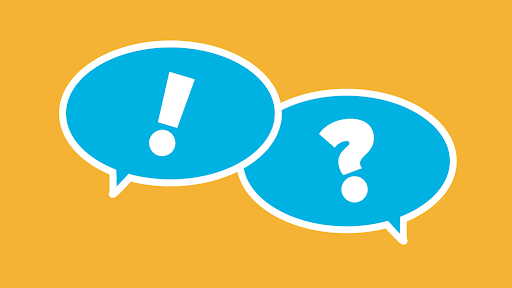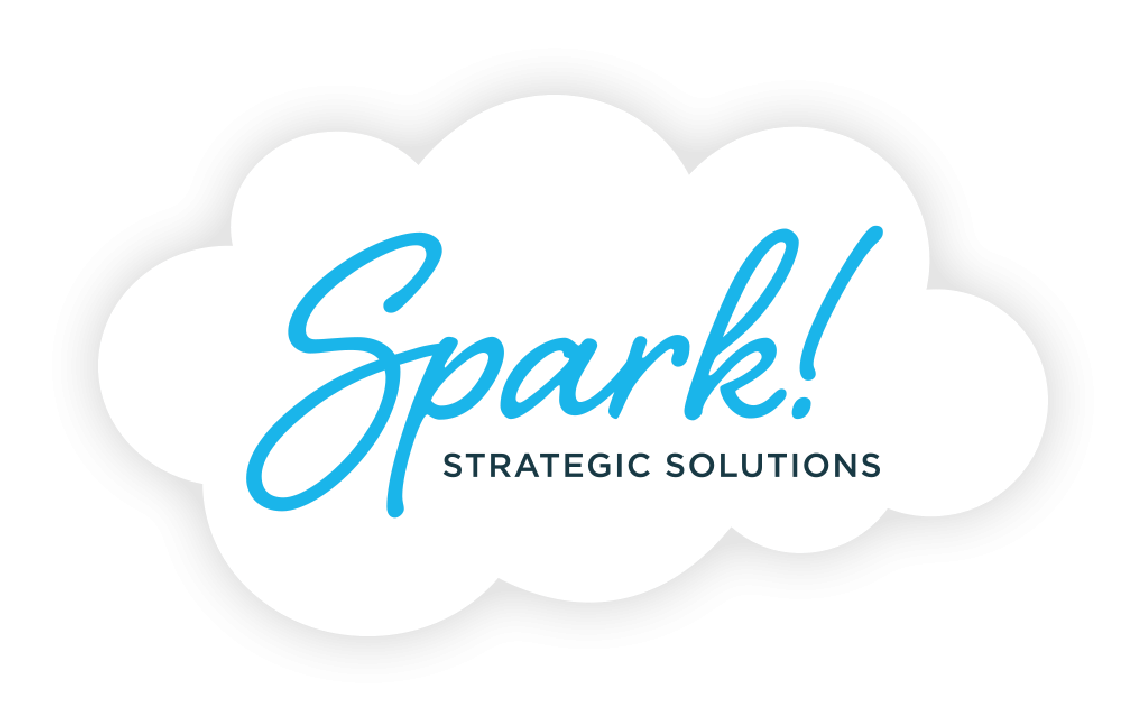
It feels like almost every other week now we hear about a word we’re not supposed to use anymore. We may find out these words have a negative history associated with them, or a community reveals the word has inappropriate connotations in their culture. But how should we respond when someone corrects us, or advises us not to use specific terms anymore?
You listen.
Listening doesn’t mean blindly following just because someone said something to you, and it certainly doesn’t mean pretending to be willfully ignorant. Instead, listening involves waiting our turn to respond, and it involves asking thoughtful questions. When listening well, we all have to watch our tones of voice, and curiously ask questions to learn more about the history and meaning of words that we might not fully understand.
We are creatures of habit and change can be difficult. We may have grown up using specific words and jargon and/or we have been taught that certain words are perfectly acceptable to use, only to find out things have changed. At Spark!, we recognize each human has their own unique culture, experiences, and story.
By listening to others’ stories and experiences, we are able to practice empathy. With empathy we can become well-rounded humans, and equip ourselves to work and play in a society affectionately referred to as the great melting pot.
In our diverse, multicultural melting pot society, great strength comes from the ability to incorporate a variety of perspectives. Such variety makes space for a marketplace of ideas to flourish and produce salient solutions and capitalize on opportunities.
Collaboration and co-creation are the keys to our success here at Spark!. In order to work together we must first understand ourselves, and then others. How can we possibly seek to collaborate on community-changing projects if we’re constantly at odds over language? And yet, a shared lexicon is paramount to efficient collaboration, one in which we all share equal input.
The next time someone explains the negative connotations of a word that doesn’t make sense to you, listen carefully and consider why it is that word that has been pointed out. What does that term mean in their community? How was that word used in reference to their community? Are there words that you would prefer not to be used?
Consider speaking up honestly and respectfully. If we approach ourselves and others with a high degree of respect, and an intent to listen to learn, we think you’ll find interacting with others in today’s world gets a lot easier.
After all, language is fluid, and vocabulary goes in and out of style. It’s not like we still speak Shakespearean English, methinks!
Or is it coming back in style…?
You listen.
Listening doesn’t mean blindly following just because someone said something to you, and it certainly doesn’t mean pretending to be willfully ignorant. Instead, listening involves waiting our turn to respond, and it involves asking thoughtful questions. When listening well, we all have to watch our tones of voice, and curiously ask questions to learn more about the history and meaning of words that we might not fully understand.
We are creatures of habit and change can be difficult. We may have grown up using specific words and jargon and/or we have been taught that certain words are perfectly acceptable to use, only to find out things have changed. At Spark!, we recognize each human has their own unique culture, experiences, and story.
By listening to others’ stories and experiences, we are able to practice empathy. With empathy we can become well-rounded humans, and equip ourselves to work and play in a society affectionately referred to as the great melting pot.
In our diverse, multicultural melting pot society, great strength comes from the ability to incorporate a variety of perspectives. Such variety makes space for a marketplace of ideas to flourish and produce salient solutions and capitalize on opportunities.
Collaboration and co-creation are the keys to our success here at Spark!. In order to work together we must first understand ourselves, and then others. How can we possibly seek to collaborate on community-changing projects if we’re constantly at odds over language? And yet, a shared lexicon is paramount to efficient collaboration, one in which we all share equal input.
The next time someone explains the negative connotations of a word that doesn’t make sense to you, listen carefully and consider why it is that word that has been pointed out. What does that term mean in their community? How was that word used in reference to their community? Are there words that you would prefer not to be used?
Consider speaking up honestly and respectfully. If we approach ourselves and others with a high degree of respect, and an intent to listen to learn, we think you’ll find interacting with others in today’s world gets a lot easier.
After all, language is fluid, and vocabulary goes in and out of style. It’s not like we still speak Shakespearean English, methinks!
Or is it coming back in style…?


